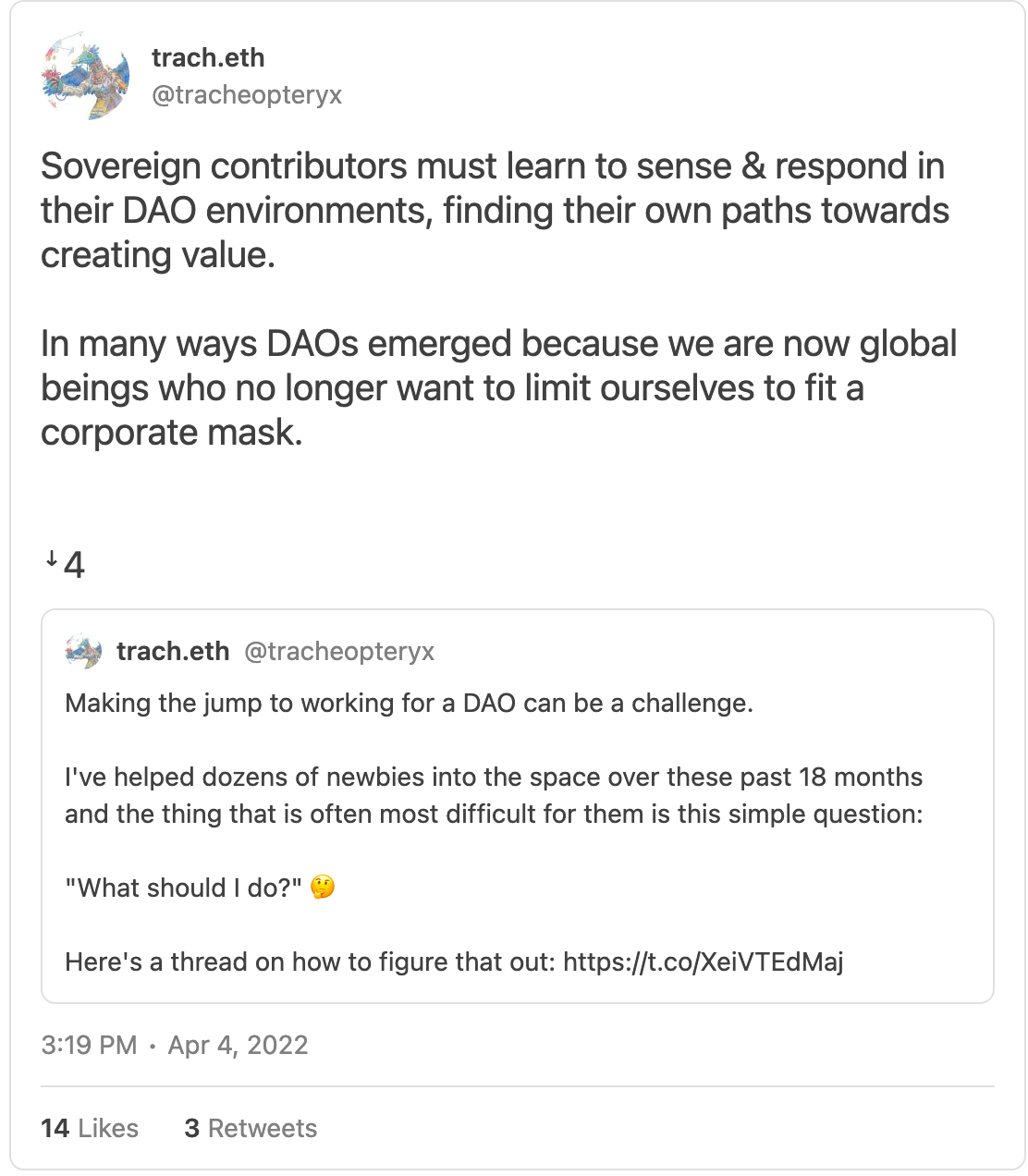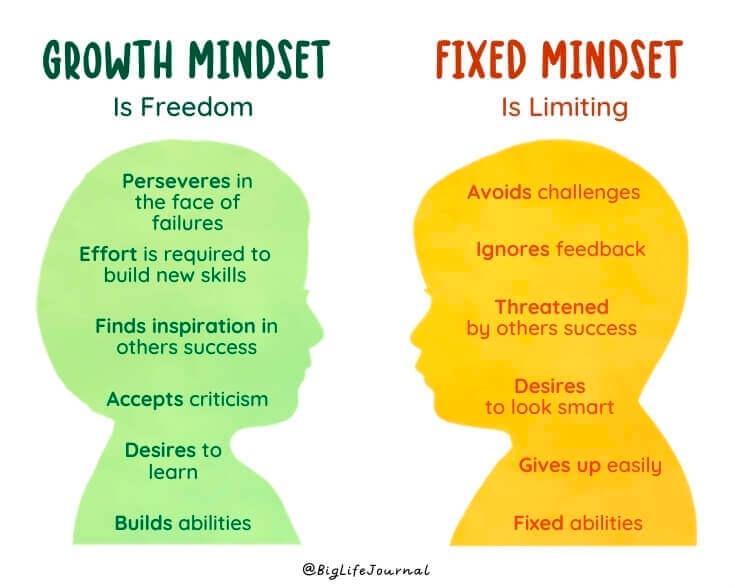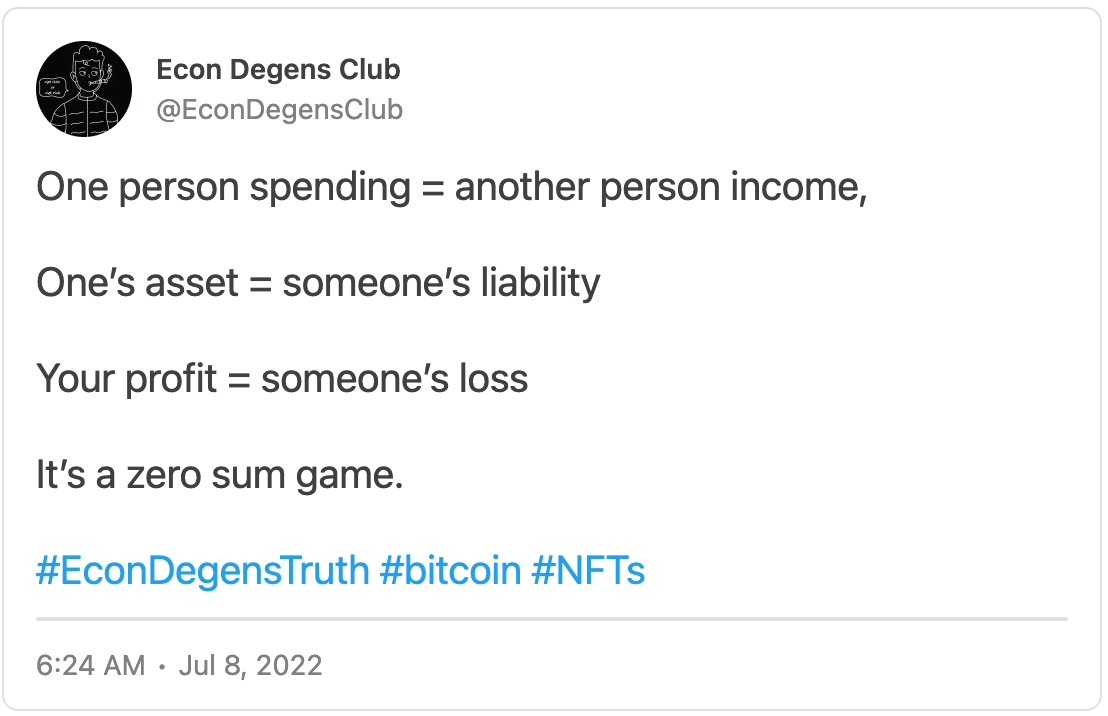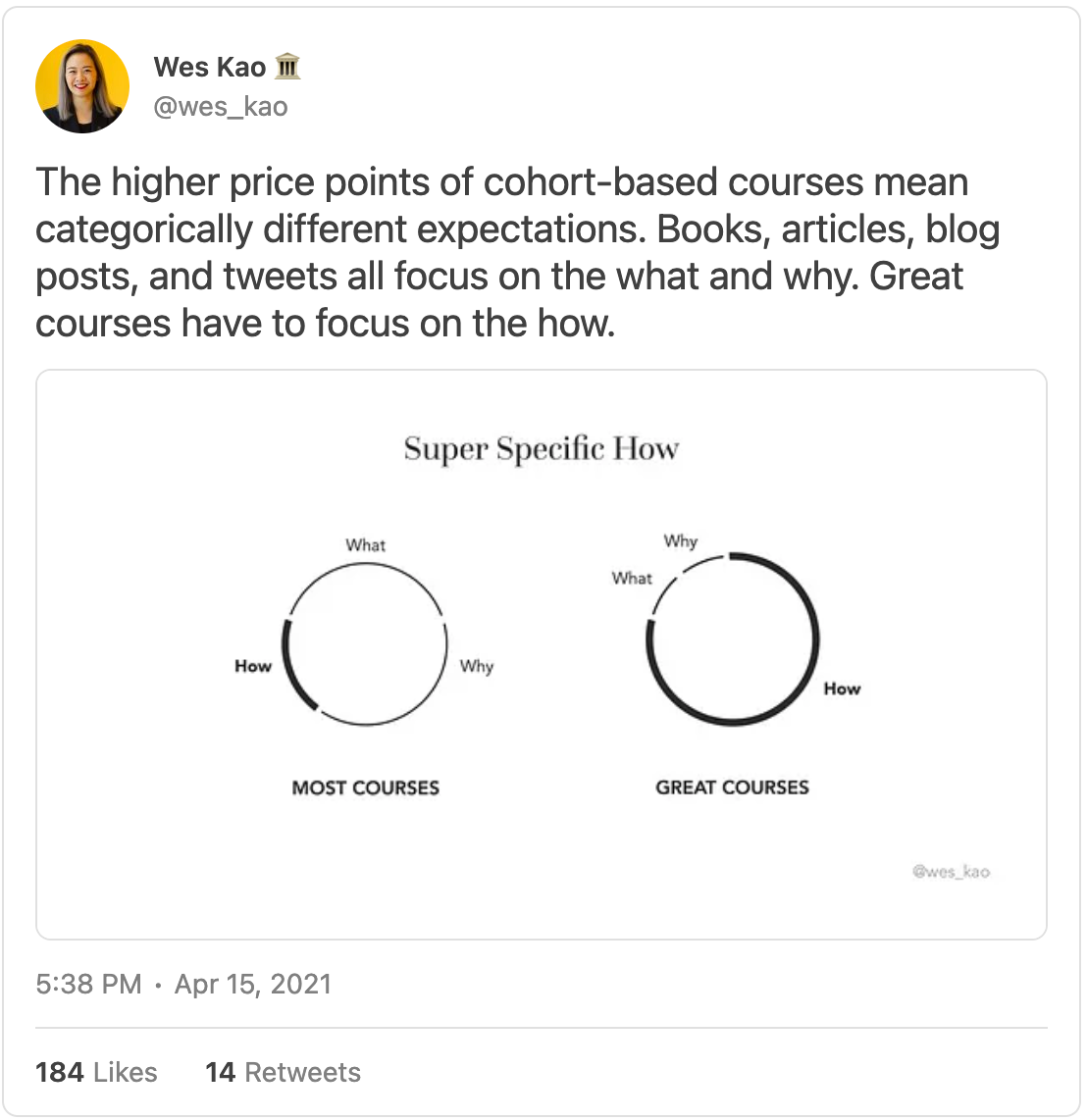Making the Case for Cohort-Based and Project-Based Learning
Article by Siddhearta | Cover Art by Dippudo
Welcome to Bankless Publishing’s Crypto Basics Series. We’ll be shipping all of our introductory web3 content on Mirror each Monday, enabling users to curate a web3 reference library by minting NFTs on Optimism.
One of the biggest design challenges for DAOs is to create an active, engaged community around a shared mission or purpose. DAOs without a clear mission or a shared purpose end up experiencing a lack of focus and community coherence. Passive communities — where members are waiting to be told what to do and how to do it — lead to centralized organizations where top-down decision-making determines the course of operations.
DAOs are playgrounds for exploring design challenges in areas like governance, organizational structure, community incentives, personal sovereignty, and professional development. But even with an emphasis on exploration, creating engagement is hard; it requires an opt-in system and self-directed members who are accountable and striving to level up.
To facilitate engagement, many DAOs are structured around guilds which serve as professional talent centers for onboarding members and getting members involved in projects. While DAO guilds often focus on onboarding and contribution, one of their most promising aspects is the ability to provide opportunities for personal growth and professional development; by taking advantage of the natural human instinct to explore our curiosity and engage in fun activities.
My thesis: by creating cohort-based learning courses and encouraging project-based learning, guilds can help members explore their curiosity and engage in the playful act of taking on several roles as they build the life they imagine.
Role-Playing in DAOs
You may be familiar with MMORPGs (Massively multi-player online Role-playing games) like World of Warcraft or Final Fantasy. These games usually involve groups of people working together to complete a quest; this often requires leveling up their skills, collaborating with teams to build trust, and coordinating with others to accomplish their mission.
Sound familiar? This is what it’s like to work in a DAO.
There are some key themes that we can learn from MMORPGs that are important for working in DAOs:
You define your role. You are responsible for creating your own adventure and customizing your role. In these games, players assume an identity, which in DAOs means carving out and defining your role and its responsibilities. In contrast to traditional work, people in DAOs generally assume many roles. You don’t show up as dragon slayer in every game, no matter how cool she is — sometimes you have to be the warlock.
Send them on quests. Quests are skills challenges with a problem to solve. For DAOs this could be completing a task like writing or designing, voting on Snapshot, commenting on a proposal, voting in a poll, writing a proposal, forming a team around an idea, or joining a multi-sig. Some quests focus on strengthening skills; some others are about finding your niche and the unique role you have to play in the DAO.

Level up. It is important to take on tasks and roles, and then continue to develop and grow into other roles. Explore the edges of your comfort zone. Cultivating a growth mindset is critical to thrive in DAOs and is required to create an active, engaged community around a shared mission or purpose.

Focus on social coordination. You need to focus on building trust and team dynamics. Collaboration and mentoring opportunities provide fertile ground for developing leadership skills and domain knowledge. The hard work in DAOs is often using soft skills such as listening, empathy, open-mindedness, and adaptability.
Create rewards and incentives. All games have rewards and incentives. In DAOs these are not only financial incentives, but also social, cultural, intellectual, and even spiritual incentives. Games reward and incentivize certain behaviors, so it is important that people know what type of game is being played at the beginning. People who arrive at mission-driven organizations with the goal of wealth creation will be met with frustration and mismatched incentives.
Culture is important. Culture is built on values; it shapes beliefs and actions. You need language, symbols, and social dynamics for the community to thrive. Culture can shift our posture, the way we greet each other and the way we work together. Without having to be spoken, culture says, “this is what we do around here.” The people who cultivate the community are like healers in MMORPGs. The role of the healer is always seen but often unstated (they might be the person who restores the vibes of the community).
Leave a path for others to follow. Lead climbing is an important role in DAOs. Leaders make it easier for others to follow in their footsteps by mentoring, spotting people as they progress, providing advice learned while setting the path, and backing up new members. All these help to build a culture that moves together. Get in the habit of writing out role descriptions as you create new roles and projects; and leaving a legacy for how things are done. Accordingly, future role holders can build upon your work and continue to innovate.
When you send people on a shared quest and give them a problem to solve, they will work hard to grow and develop. Naturally, leadership traits will start to emerge. They will start thinking creatively, solving problems, meditating on their situation, and seeking other perspectives. When they come back, they would have been transformed by the environment of growth and development and would have achieved much more than they could have imagined.
The Games We Play
Since we now know some of these key elements to working in DAOs, we need to know what types of games we tend to play. The good news? You already know how to play many of these games. You’ve been playing them yourself for quite some time.
Zero-Sum Games
Modern culture loves to play zero-sum games: where one person wins and everyone else loses. We see this in our sports, politics, and yes, in our careers. Our education systems have been designed around these zero-sum games; where the goal is to plug you into the system as a ‘good worker’ in order to keep the corporate machine (and the economy) running on schedule.
Many jobs in today’s society are designed for people to become interchangeable cogs in a corporate machine. The system is designed for efficiency — you are expected to fill a role and execute it in a timely and productive manner. This is perhaps a bit of a dire description, but it might ring true for you and your past work. If it doesn’t, count yourself among the lucky ones.

Positive-Sum Games
Positive-sum games are win-win games. Here, resources are increased and an approach is designed to satisfy the desires and needs of everyone involved. Education is a positive-sum game because even though there may be a distribution of grades, everyone comes out ahead.
Games With Positive Externality
There are certain games we can play that result in a positive externality — both the players and an increasingly wider set of people benefit from the outcome. An example of positive externalities is when a gardener produces a bountiful harvest that can support him/herself and feed the community, while also promoting a thriving ecosystem of birds and bees.
In DAOs, this is really captured by the idea of a person promoting an idea, forming a squad around it, and creating positive value for the whole team and the DAO, as well as becoming a public good.
Regenerative Games
Regenerative games are designed to regrow, renew, or restore systems, especially those that are damaged or lost like the environment, financial systems, and the well-being of society. Regenerative initiatives are frequently designed for environmental and biological systems, but can also occur at the individual and organizational level.
The Network’s goals are to support the development of rich, knowledge-sharing and skill-building networks within and across communities; increase regenerative capacity at the individual, organizational, community, bioregional and global scales; and help drive aligned capital toward regenerative initiatives. — THE FIELD GUIDE TO A REGENERATIVE ECONOMY
We can design regenerative systems that restore human potential and organizations that promote human thriving. By combining regenerative system design with crypto values like decentralization, self-sovereignty, and transparency, we can create regenerative cryptoeconomic systems. Regenerative cryptoeconomics is the use of crypto values and incentives to design new kinds of regenerative systems, applications, and networks.
Infinite vs Finite Games
Are you playing to win or playing so that you can keep on playing? Finite games are games that come to an end; these are the everyday games we play with the goal of winning. Infinite games are played with the goal of continuing to play; requiring players to invite others, explore the boundaries of what’s possible, and when necessary, change the rules in order to keep on playing.
As you develop your skills and share your gifts, you give rise to positive-sum benefits for your team and the DAO
In DAOs, you can play an infinite game by role-playing your way through projects and teams with the goal of being able to keep on playing (or keep on working in DAOs). As you develop your skills and share your gifts, you give rise to positive-sum benefits for your team and the DAO. Certain types of projects can give rise to positive-externalities; which benefit people outside the DAO or society as large. Lastly, engaging in this type of work can be regenerative, not only for your own sense of worth and purpose, but also as a community that works to promote public goods.
Cohort and Project-Based Learning as the Ultimate Playground
Take a look at most online courses on Udemy, Skillshare, or Coursera and you will see online courses for learning skills or otherwise transferring knowledge. These courses are designed so that you can learn for minimal cost on your own time, and often involve getting some type of certificate upon completion. If you are looking for knowledge or to learn a new skill, these types of courses are great, but they are not without their problems.
What have we learned from Web2 online courses?
-
Online courses are great for transfer of knowledge, but this does not always translate to the fast paced, collaborative environment that we find in actual workplaces, much less the way we work in DAOs.
-
Great for learning skills (especially things like coding, software programs, techniques).
-
Learn on demand, on your own time.
-
Cheap or free education.
-
Low completion rate.
-
Relies on self-directed learners.
-
One-directional learning from teacher to student.
-
Passive consumption of material.
-
Courses tend to be un-engaging.
Online learning has worked well for the corporate world where you are expected to develop competency and it is useful to have a certificate for what you know how to do (this gives you flexibility and job options).
While online courses can promote and encourage growth-mindset-type learning, they fall short for developing soft skills that are required for human flourishing and development. This is the hard work of leading, sharing an idea, collaborating with others, building a team, and showing up with preparedness and readiness.
DAOs are the ultimate playground for developing these skills.
Cohort and project-based learning courses bring together elements of role playing with a keen understanding of the types of games we play.
Cohort-based learning courses are organized around a group of people (cohort) moving through a curriculum that requires collaboration and team communication. As opposed to the passive transfer of skills or knowledge that we see in online courses, cohort-based courses (CBCs) are designed for building in public with others.
Cohort-based learning courses plant the seeds for a culture of project-based learning, where contributors continue to learn, develop, and grow into various roles in the DAO.
There is power in sending people on quests, learning in groups, and developing a body of people that moves together. This is how you create a regenerative community that amplifies human potential and creates a path towards solving our most challenging problems.
Both project and cohort-based learning can be designed to be positive-sum games, with positive-externalities, and even have regenerative benefits if we prioritize the well-being of the community.
Principles of Cohort-Based Learning Courses
The principles of this type of learning include:
Live, engaged, active learning. These environments are great for developing soft skills. Focus on the ‘how’ of learning — how we work together, how we communicate, how we share ideas, how we deal with resistance.

Collaborative, team, or pod based. Projects and cohorts provide interactive, bi-directional learning opportunities between the leader and students, and between students. Small and mid-size groups produce more discussion, feedback, and dialogue because there is nowhere to hide. Members need to show up and contribute, creating more accountability over the long term.
Creative, generative content. Passive knowledge transfer is great for online courses, but in cohorts the goal is to create, synthesize, analyze, and evaluate. Play with different learning modalities like break-out sessions, role-playing, and discussion forums. Involve different parties in the generative process; including leaders, coaches, and other members.
Synchronous, hands-on learning. Online courses are async and on your own time; cohorts and projects-based learning requires people to collaborate and communicate in real time. Cohorts should have fixed start and end times; and as part of a quest, projects could benefit from members taking on roles for a set period before continuing to explore other roles. This creates a sense of urgency and focus that promotes growth and development.
Value of community. By getting involved in projects, leveling up your skills, and engaging in cohort-based courses, you and the DAO experience positive-sum benefits. Learning how to work in DAOs produces network benefits for the whole community. These are skills that you can continue to develop as you continue on your DAO journey; traveling with a tight-knit cohort of fellow travelers.
Going Full Regen
DAOs can play a key role in writing the story of a new economy; one built around well-being and human flourishing. Building cohort-based learning courses and facilitating project-based learning can amplify leadership skills and create a space for ideas to be explored in a community of builders. As we see more success stories in DAOs, there will be increased awareness that creating regenerative networks is possible: communities where knowledge sharing, education, and lifelong development are the norm rather than the exception.
A version of this article was published by Bankless Publishing on November 10, 2022.
Author Bio
Siddhearta is a writer, editor, and explorer at BanklessDAO.
Designer Bio
Dippudo is a pseudonymous individual who spends most of his time in front of a computer and has a natural interest in finance. He started contributing to Bankless DAO after falling down the crypto rabbit hole in the middle of 2021. Dippudo subsequently won the Fight Club NFT Competition and is now working on numerous projects within the DAO and with The Rug as a designer. He enjoys diving deeper into the worlds of economics, computer science, and finance.
BanklessDAO is an education and media engine dedicated to helping individuals achieve financial independence.
Disclaimer: this isn’t investment advice. This article has been written for informational and educational purposes only and it reflects my personal experience and current views, which are subject to change.
Bankless Publishing is always accepting submissions for publication. We’d love to read your work, so please submit your article here!
Other Articles in the Crypto Basics Series
Decentralized Ledger Technology 101 by The Crypto Barista
The 101 on NFTs, A Briefing by Lanz
4 Simple Steps To Join a DAO by Samantha Marin
Towards Better Token Distribution by Paul Hoffman
Cryptocurrency Wallets 101 by ijeblowrider
How To Learn Solidity by oxzh
Ultimate NFT Red Flag Checklist by kalex1138.eth
Four Factors That Make a DAO Sticky by Peter Jones
14 Blockchain Basics by Hiro Kennelly
The Beginner’s Guide to Promoting NFTs by Monique Danao
DAO Governance Primer by EthHunter
The Three Pillars of Discord by Daryl, Lanz, and Roy
DEX Aggregator Basics by oxdog
A Beginner-Friendly Approach to Evaluating NFTs by Marc Bisbal Arias
7 Tips for Avoiding DAO Burnout by Frank America
The Importance of Self Custody by theconfusedcoin
DAI a Different Stablecoin by Jake and Stake
7 Etherscan Basics by Hiro Kennelly